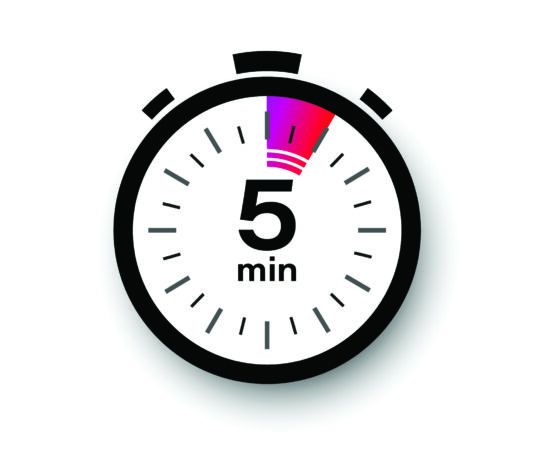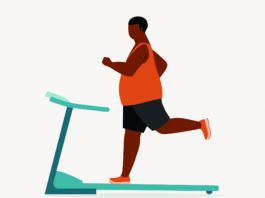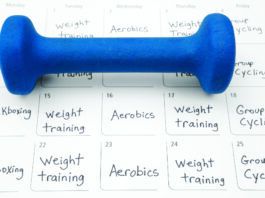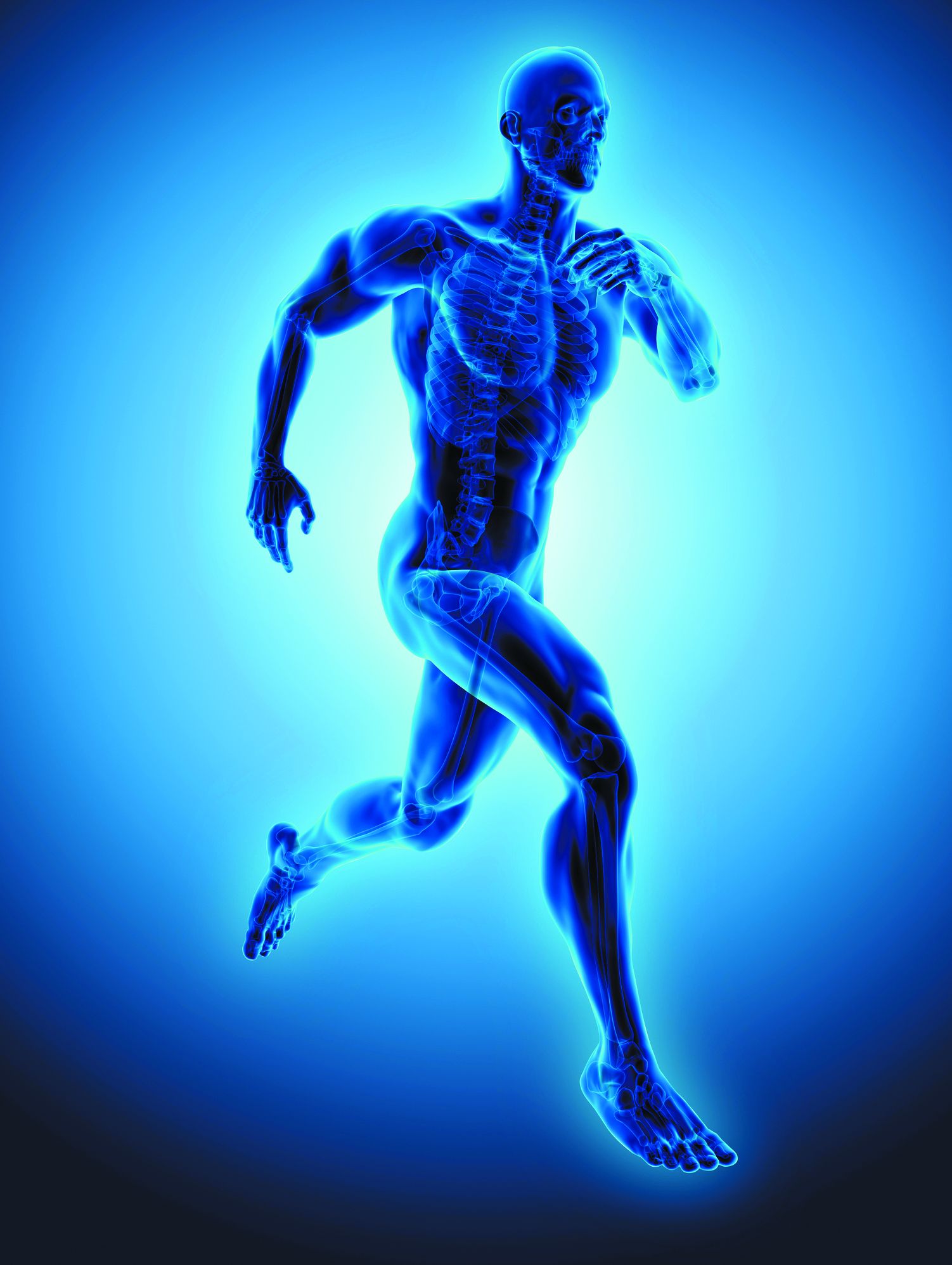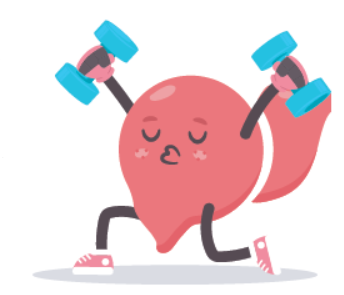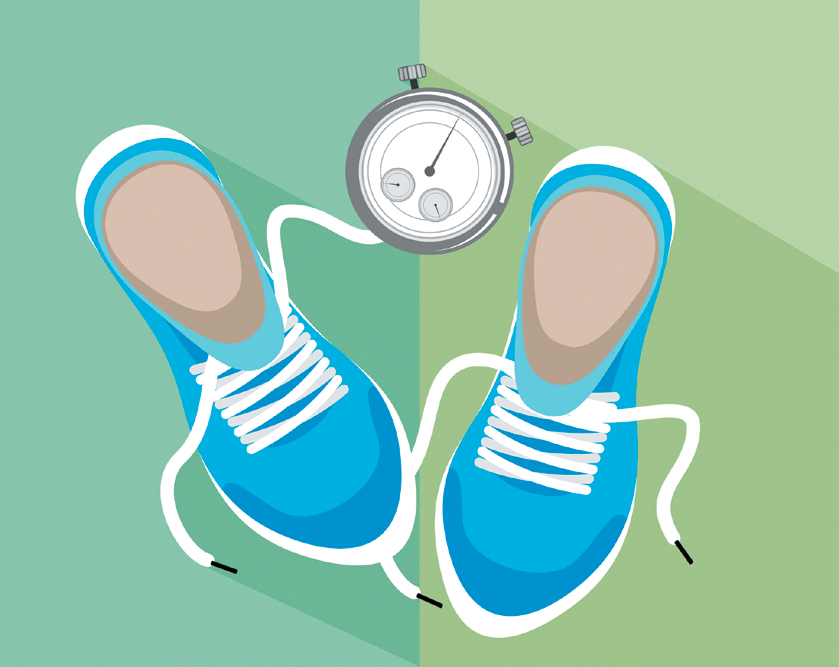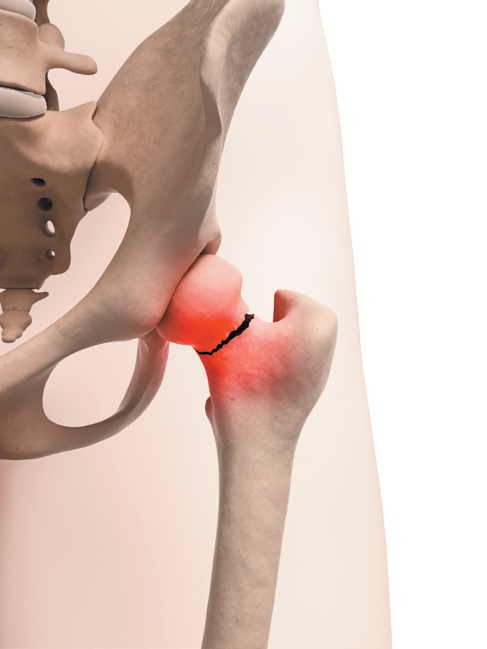Muscle Building, Sports Performance, and Diet
If you want to build muscle, excel at a sport, or simply get the most out of regular physical activity, experts say some popular...
Physical Activity Plus Moderate Calorie Reduction Helps Cardiovascular Health
As we age, the aorta (the body’s main artery) gets stiffer. Arterial stiffness is associated with increased risk of cardiovascular events, dementia, and death....
Step Counters and Fitness Trackers May Boost Activity Levels
A study that analyzed data from 38 randomized clinical trials involving over 4,200 participants concluded that activity trackers do improve physical activity levels among...
Exercise is Good for Your Liver
A recent trial found that getting moving can improve liver health in people with obesity, even without weight loss.
Non-alcoholic fatty liver disease (NAFLD) is...
Being Active Can Only Partially Offset Harms of Obesity
We know being physically active is good for health. But losing some excess weight may be more important. Research indicates physical activity alone is...
Age is not a barrier to weight loss
A study published recently in the journal Clinical Endocrinology put to rest the idea that we can’t lose weight once we’re passed a certain...
Even half an hour of activity may help counteract dangers of sedentary lifestyle
An analysis of data from multiple observational studies suggests 30 minutes of exercise a day may help you live longer, even if you’re otherwise...
Simple Ways to Step Up Physical Activity
Just one in five women and one in four men in the U.S. meets the recommended Physical Activity Guidelines for Americans (see Physical Activity...
Don’t Just Be Active…Avoid Being Inactive
As we age, risk for illness and disability increase, potentially decreasing quality of life. Research has shown that higher levels of physical activity and...
Lower Risk of Hip Fracture May be Tied to Lifestyle Choices
Over 300,000 adults ages 65 and older are hospitalized for hip fractures every year in the U.S. but that number may be going down....





















